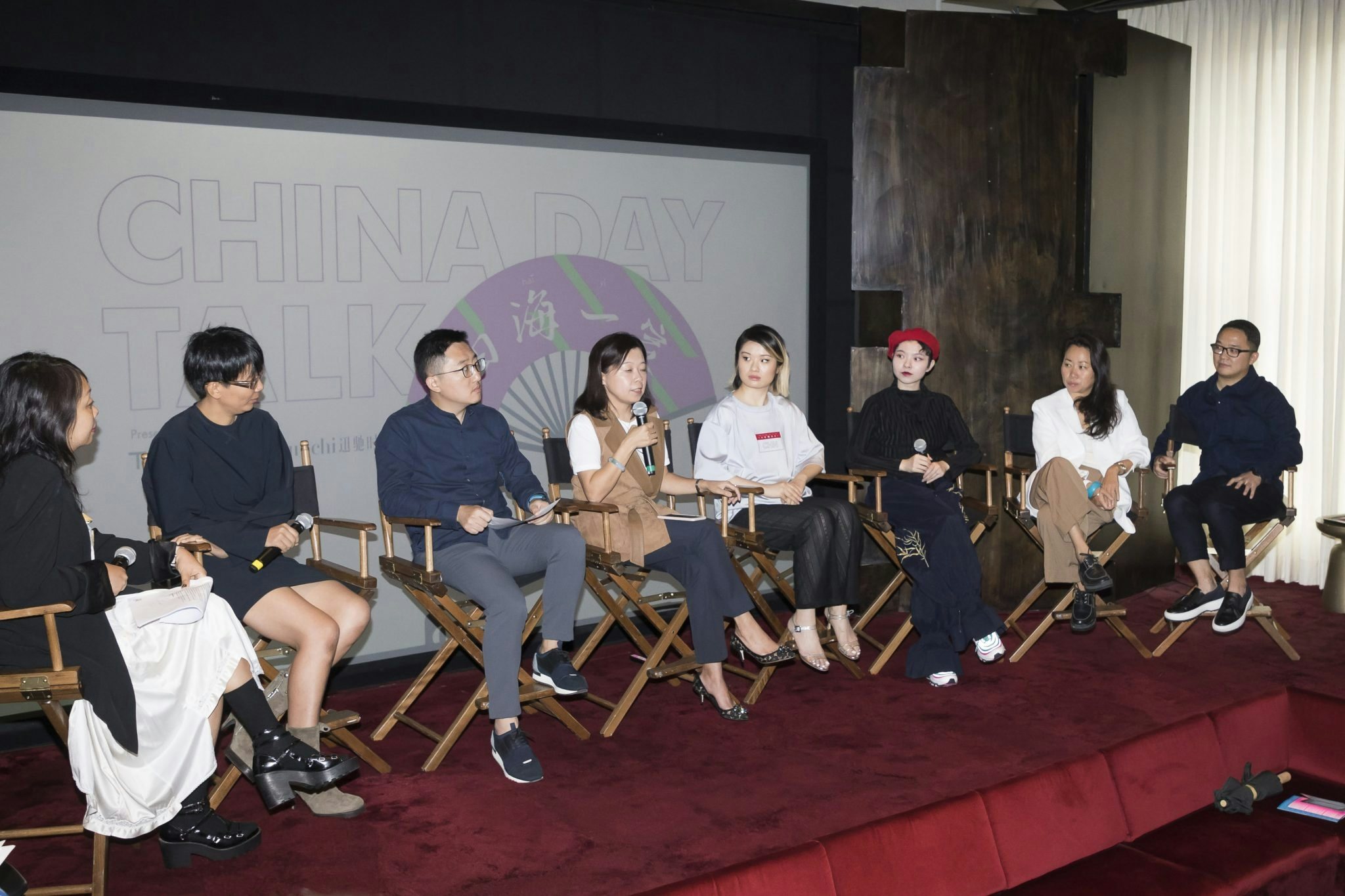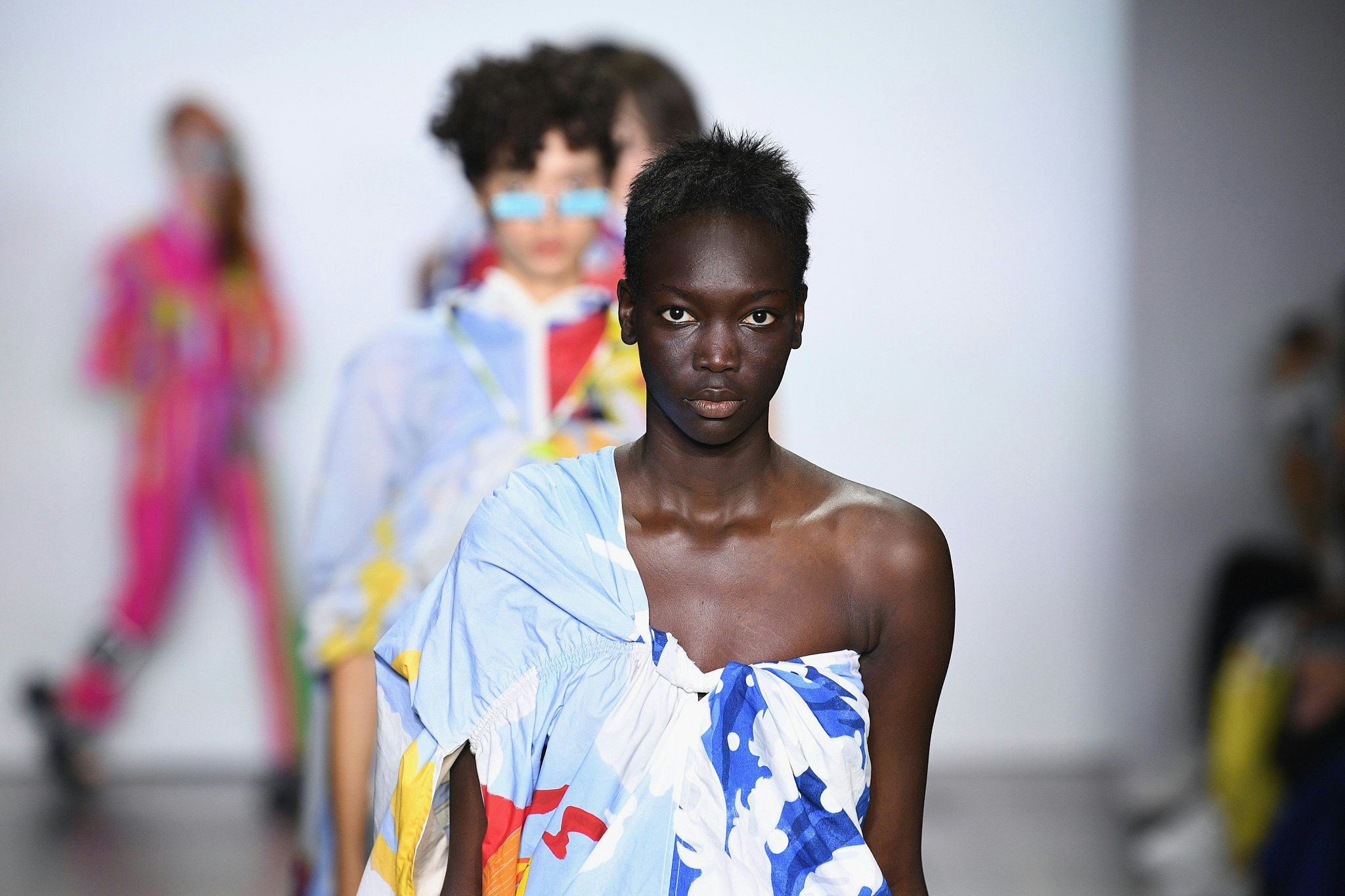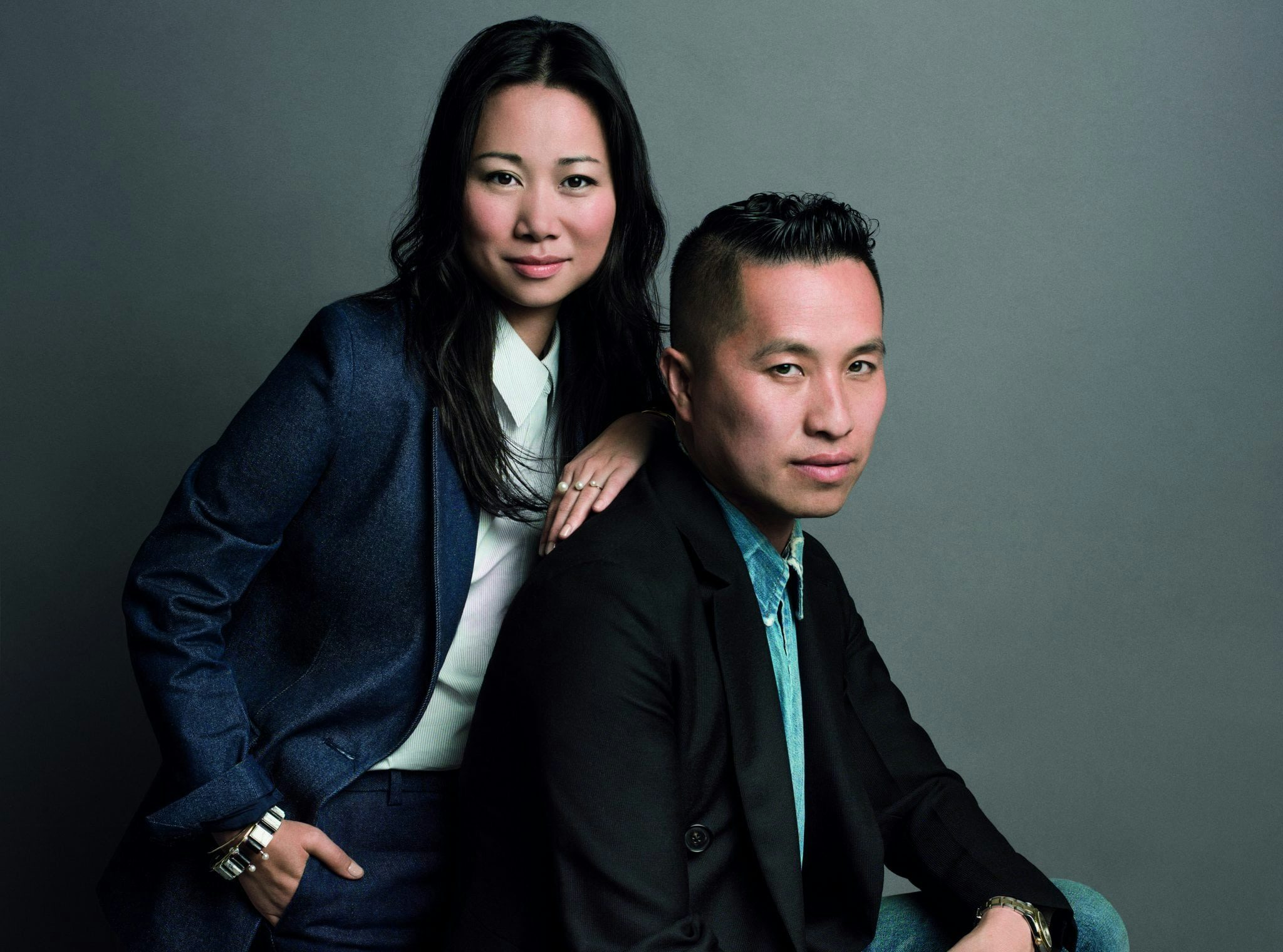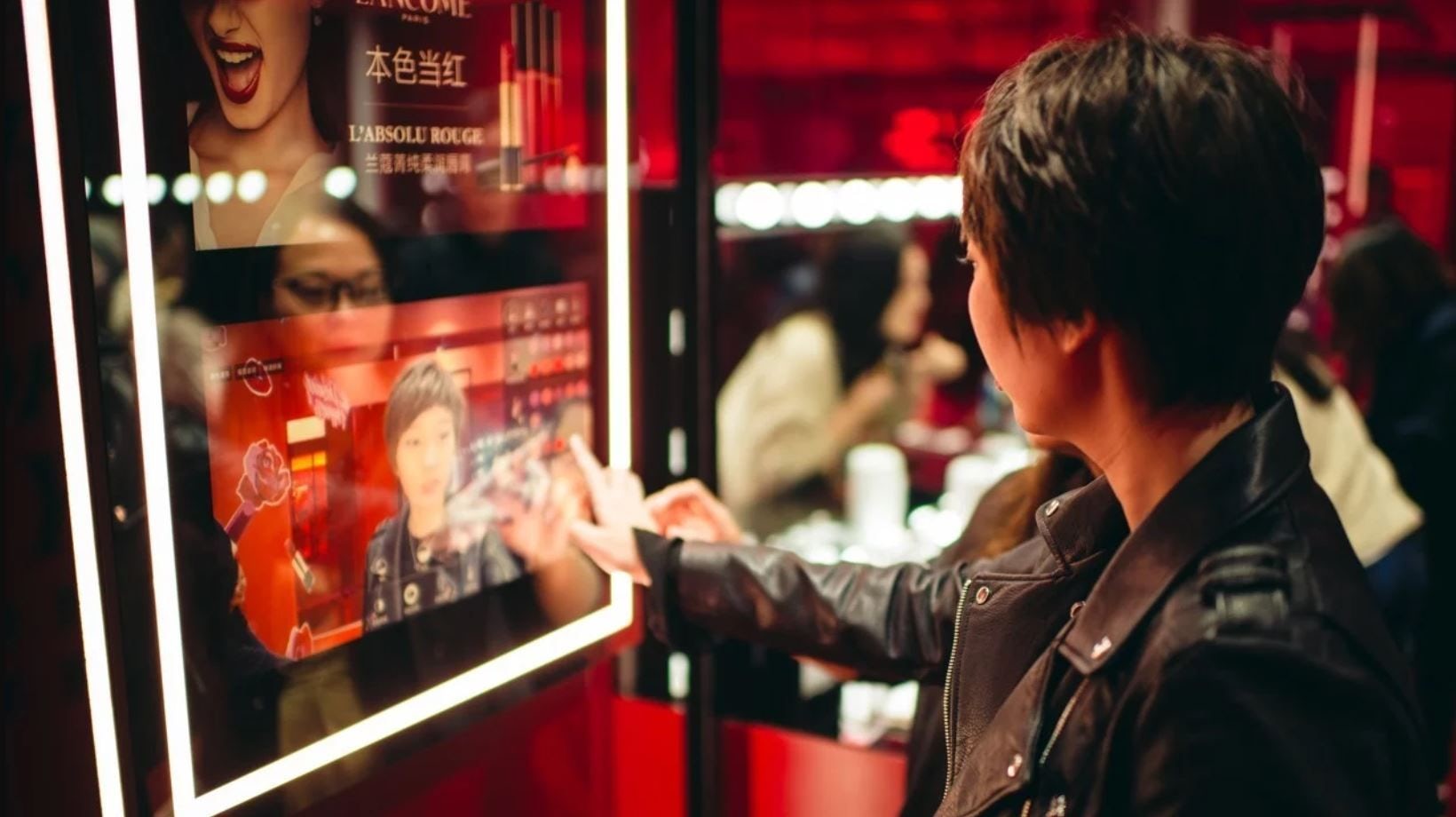China’s e-commerce giant Alibaba hosted its second “Tmall China Day” during the Spring/Summer 2019 New York Fashion Week, showcasing a trio of Chinese brands that sell on its Tmall site.
The goal of Tmall China Day was to promote Chinese fashion talents on an international stage—but another potential benefit was that Alibaba could illustrate its considerable and climbing clout in the China market to Western luxury brands. During a press conference on Sunday, Jessica Liu, President of Tmall Fashion, went to great lengths to explain how Alibaba uses technology and data to assist foreign brands with operations and sales in the lucrative Chinese market— “even if you don’t have a China team yet,” Liu said.
It’s unclear at this point if the message was getting through. Despite Alibaba’s market-leader position, its events were overshadowed in New York by the concurrent announcement of the retirement of longtime Alibaba executive chairman Jack Ma and by the superstar fashion house runway shows.

Moreover, the luxury brands Alibaba is courting are cautious. Consider the choices faced by luxury brand 3.1 Phillip Lim, which has not yet opened a store on Tmall. “For me, as the CEO, I see opportunities with Tmall in the China market. It’s an unlimited amount of resources and opportunities and data....but that’s also very scary for me and my team,” said Wen Zhou, CEO of 3.1 Phillip Lim, who spoke at a Tmall panel September 9. “As a designer brand, a first impression is everything.”
For its fashion showcase this year, Alibaba selected fashion brand JNBY, independent designer brand Angel Chen, and athleisure brand Particle Fever, reflecting the three types of Chinese female consumers captured in Tmall’s big data analysis, according to Liu.
Those types consist of loyal luxury spenders (JNBY’s customer base), young millennial trend-setters (fans of Angel Chen), and the largest consumer group: serious, middle-class quality-seekers (those who purchase Particle Fever). These three consumer groups make up 20 percent of Tmall's total female shoppers, yet contribute to more than one-third of the total Gross Merchandise Volume on the platform, Liu said.
Alibaba is the only Chinese entity that has a valuable strategic partnership with New York Fashion Week. Yet Alibaba’s shows took place at a warehouse in the West Village that was far away from this year’s main venue, Spring Studio, and is usually used for hosting presentations by up-and-coming fashion brands trying to get on the radar.
Illustrating the problems Alibaba faces, the fashion shows have not yet been reviewed by U.S. media in English. That could be expected, however, given that it was only Alibaba’s second year at NYFW. Glossy.com did note the reception the designers received may signal that “the fashion and luxury boom China has been experiencing may be just as viable outside the country as within.” Trade journal Women's Wear Daily also reviewed three shows afterward.
Still, the front row of Alibaba’s attendees came somewhat from the showcased brands, public relations companies in China and Alibaba’s own employees. Angel Chen’s show was the best-attended, with top influencers Mr. Bags and Liu Wen making an appearance.
The e-commerce giant knows by now that the ability to sell millions of articles of clothing and accessories online doesn’t automatically provide it with an “in” to high fashion. For luxury brands, the task of taking on the China market is daunting precisely because of the size of the opportunity, so brands that prioritize a consistent image in a foreign market have to carefully strategize who they partner with.
That doesn’t just go for Alibaba, but for any company with tech DNA relatively new to a hierarchical fashion industry dominated by both hidden and unhidden rules.
Jessica Liu has reiterated that the company prefers to aid brands with advanced technologies and big data insights. In response to Zhou’s concern, Liu stated, very directly, that “actually, we have a solution for you that’s powered by Alibaba. You own your all price, product, and marketing strategies, and we have the in-house team to help you operate everything.”


